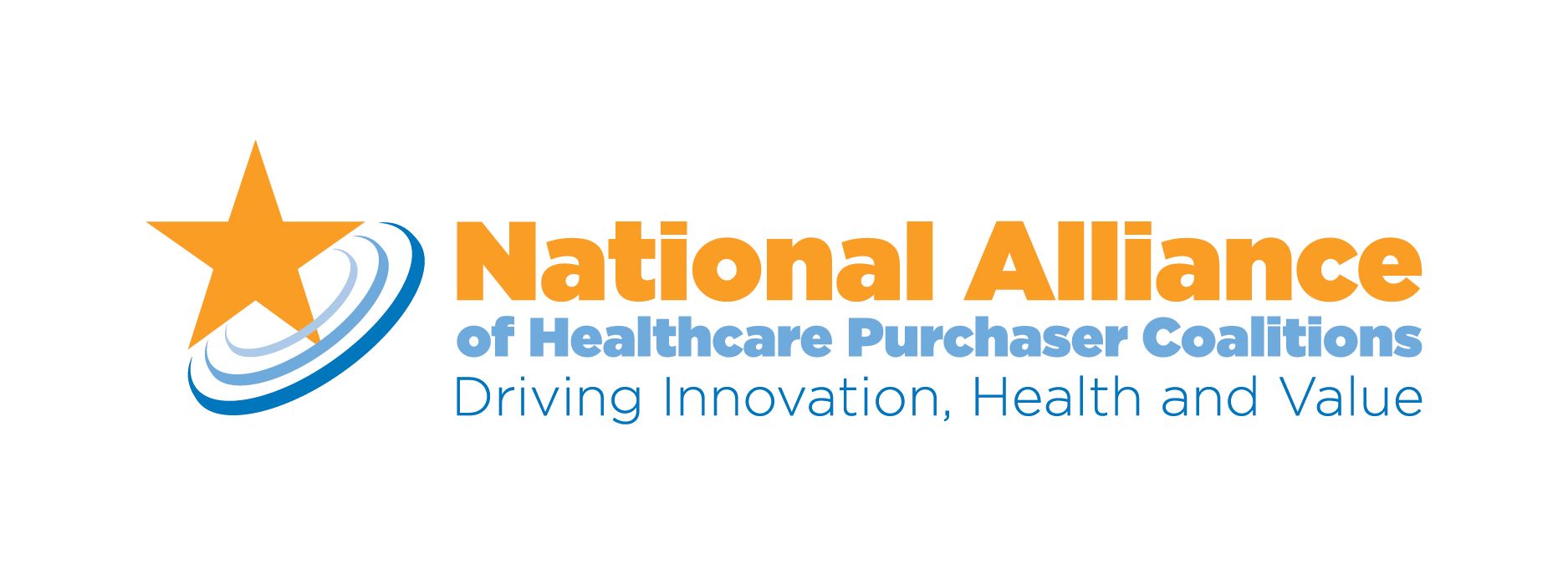
There Remains a Need to Educate Employers, Employees on Biosimilars: Margaret Rehayem

While employers fall on a spectrum when it comes to knowledge and understanding of biosimilars, there does remain a need to educate them, as well as for them to educate their employees, said Margaret Rehayem, vice president, National Alliance of Healthcare Purchaser Coalitions.
While employers fall on a spectrum when it comes to knowledge and understanding of biosimilars, there does remain a need to educate them, as well as for them to educate their employees, said Margaret Rehayem, vice president, National Alliance of Healthcare Purchaser Coalitions.
Transcript
How comfortable and confident in biosimilars are employers to push for these products over the reference? Are you still needing to provide education so employers understand the benefits of biosimilars?
There is still a need for education for employers. I think, employers really fall across the spectrum when we're talking about biosimilars. Some of them have actually not only put them on formulary but are willing to go to their health plan, their [pharmacy benefit manager] and actually say, “This is what I want.” And then we've had employers that are still trying to figure out where biosimilars can or should show up in their contract. There's really this broad spectrum right now that we're working with. Therefore, I think there still is a need for education.
We actually recently completed a learning collaborative where we had that broad spectrum within the same collaborative. It was a very exciting time just to hear those that were more well versed in those that were still learning willing to have discussions with one another on this topic. We're still going to continue to move forward with education and meet our coalitions where they're at with their members.
Do employers need to provide more education for employees on biosimilars, and what has that process looked like?
It's interesting, you bring that up, because this was a common concern for many of the employers that we've talked to is being able to communicate the right information that's out there. They're very concerned about the direct-to-consumer advertising is happening now with a lot of different types of drugs. They have to not only put the right information out there, but they have to counteract some of the misinformation that's out there about drugs. It's something that I think employers are very concerned about. They do want to get the right information out there. But they also need to make sure that they're coordinating with what they do have on formulary, so that they're giving the best information to their employees and families.
Newsletter
Stay ahead of policy, cost, and value—subscribe to AJMC for expert insights at the intersection of clinical care and health economics.









